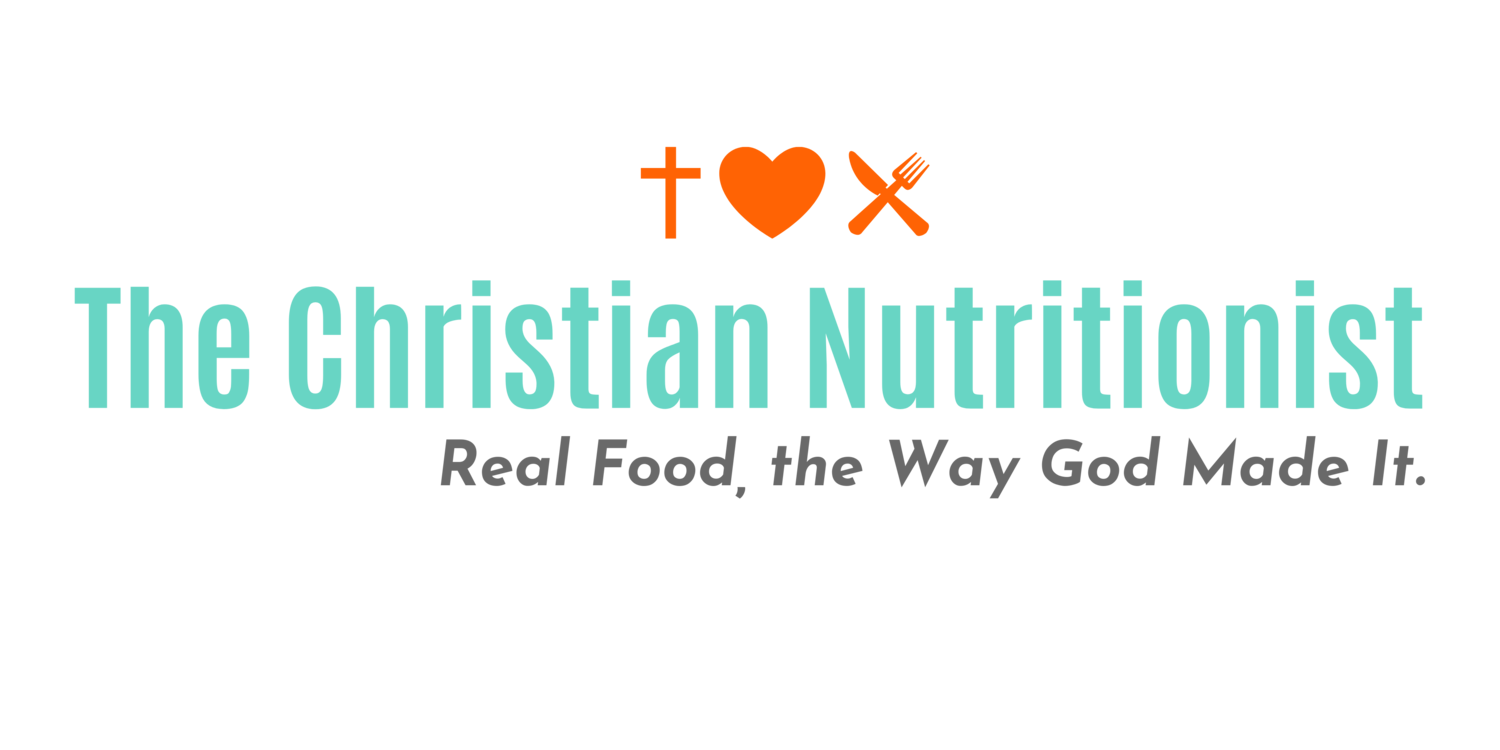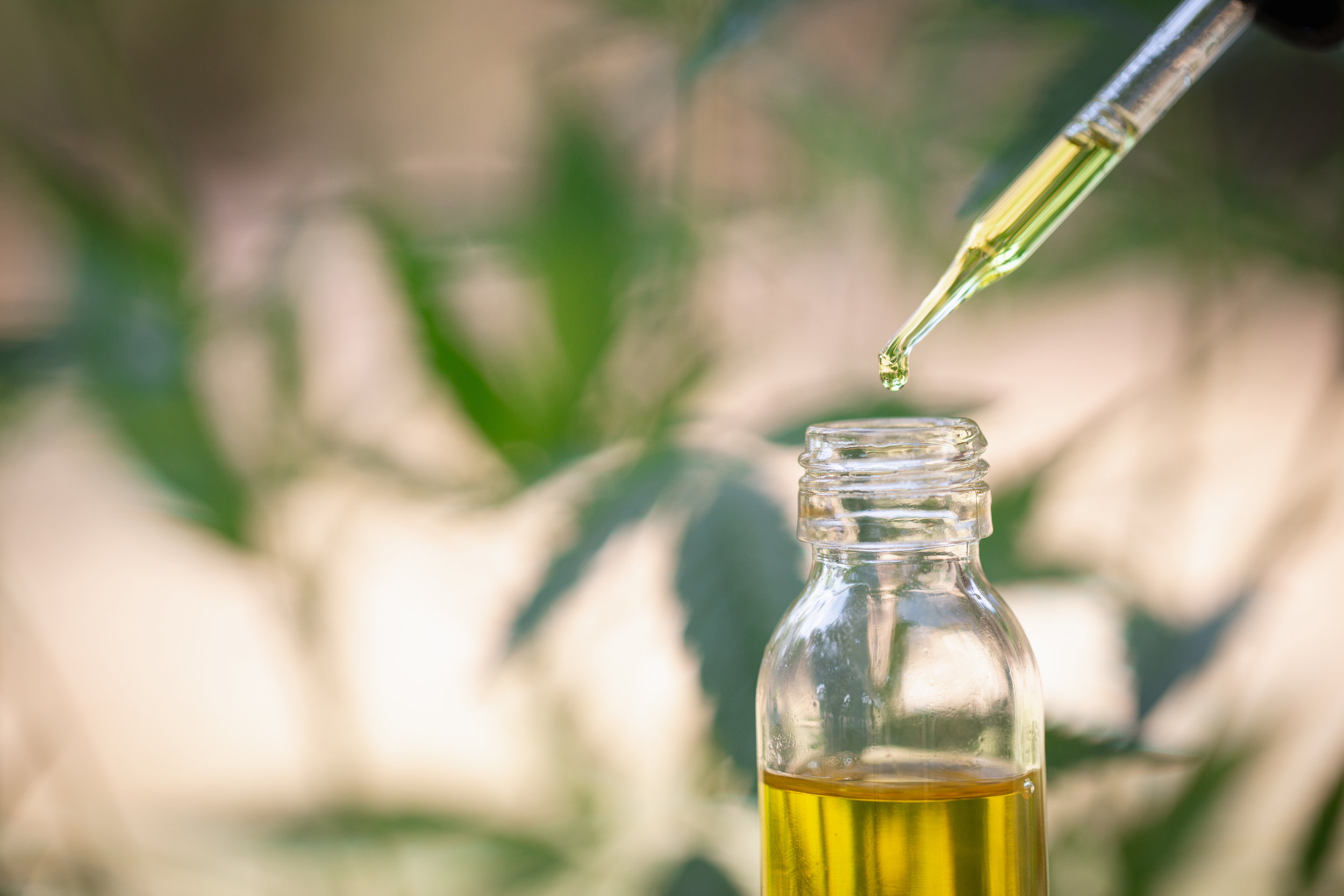Do You Need CBD?!- Guest Post by Carly Stagg, BSN, NTP
There is so. much. hype. about CBD oil these days. Some people claim it basically cures all ails, while others discount its benefits completely. As a nutritionist (and almost nurse!) I have done a lot of research on the topic and want to share that today.
Without further ado, let’s dive into the research on CBD!
What is CBD?
CBD is an abbreviation for cannabidiol, a compound that exists naturally in plants of the Cannabis family, including hemp and marijuana. Marijuana contains large amounts of THC, which is the psychoactive part, which makes you “high”, while most hemp products contain less than 0.3% THC by volume. These plants do not only contain CBD as an active ingredient, as they also contain a wide variety of other beneficial compounds. CBD is just the most widely known and studied component.
In this blogpost, I’ll be discussing CBD-containing products which are derived specifically from hemp, called “full-spectrum hemp oil” products.
In the spirit of full transparency, there is a small chance that regular consumption of CBD derived from hemp can show up on a drug test because of the trace amounts (<0.3%) of THC. It is similar to when someone who eats poppy seeds tests positive on a drug test for THC. So supplementing with CBD oil might not be the right fit for you if that is a concern! If so, see the section below for how to support your endocannabinoid system without CBD.
How It Works: The Endocannabinoid System
The first thing to understand when we're talking about CBD is the endocannabinoid system (ECS) which it targets. The ECS helps to regulate the body's systems- everything from the cardiovascular system and inflammatory cascade to the immune system- helping us to achieve the ever-elusive "homeostasis" or balance.
Symptoms that are linked to dysregulation of the endocannabinoid system include anxiety/chronic mood issues, chronic pain, migraine headaches, any inflammatory issues (autoimmunity, arthritis, etc.), stress and PTSD. There are more, but those are best supported by research.
Natural ways to support The ECS
One argument for CBD supplementation is that we as humans are are born with receptors in our bodies which are meant to bind to endocannabinoids.
A little known fact is that our bodies actually make our own (endogenous) endocannabinoids if given the proper building blocks. Some things you can do to support your own endocannabinoid production are consuming omega-3 fatty acids, avoiding pesticides on foods, avoiding plastics and toxic chemicals in personal care products, and also addressing lifestyle-related factors like exercise, sleep, stress reduction, spiritual health, and social connection.
Using CBD oil
If you’re doing all of the above (which is not an easy task!) and still are having some challenges with sleep, relaxation, or inflammation, you may benefit from full-spectrum CBD or hemp oil.
We want the CBD oil we choose to be full-spectrum, because CBD is not the only beneficial compound. Just like with real food, we want to get all the nutrients something provides, not just the extract of one specific nutrient. The synergy is what makes it magical 🤓
My two brand recommendations for hemp oil are Veritas Farms Organics (they even have pet-specific products) and Ned Full-Spectrum Hemp Oil. Quality is of the utmost importance in choosing a hemp oil, because often they are cut with lots of unnecessary fillers and preservatives. I feel confident recommending the two brands linked here as they use ethical farming practices and uphold the highest quality and purity standards.
So there you have it! That’s the skinny on CBD. Feel free to leave any questions below- my nerdy self would love to answer them for you.


